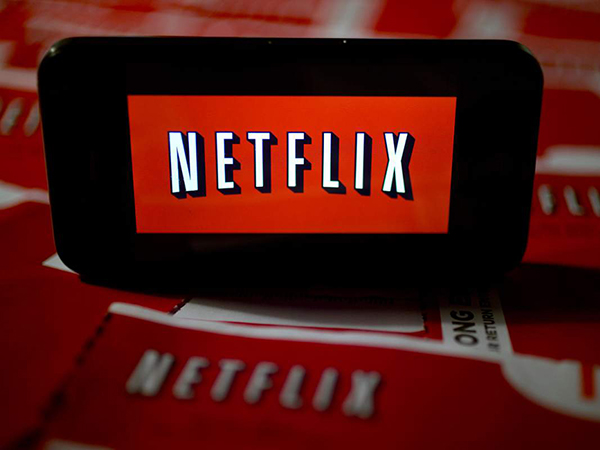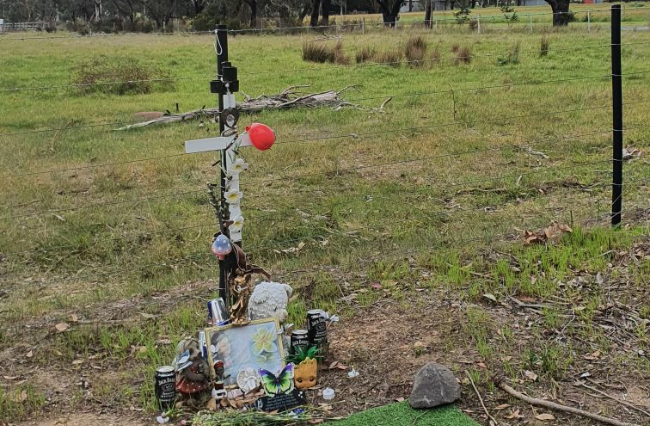Since landing in Australia, Netflix, Stan. and other online streaming services have received praise from consumers and the industry for their relatively affordable and widely available content.
Despite this growth, there are concerns about Australia’s renowned internet piracy rates, especially when it comes to exclusive content.
Australia is the second worst offending nation when it comes to pirating new release television shows or episodes, after the US.
One of the most significant factors which lures avid viewers to piracy is the immediacy of obtaining content.
Within hours of their respective premieres in the US, episodes of Breaking Bad and Game of Thrones were uploaded and shared by as many as 300,000 users and downloaded millions of times throughout Australia, topping world rankings for illegal downloads within a few days.
Due to restrictions and negotiations of licensing and distribution rights, services such as Netflix and Foxtel’s on-demand service could not provide the content until several hours after the US premieres, leaving a gap for illegal downloads.
Michael Bodey, media and entertainment writer for The Australian, tells upstart that Netflix shouldn’t be a part of the piracy debate.
“Using Netflix in the piracy debate is all a bit silly. Pirates just want stuff for free. There’s a whole generation who want stuff free and quick. We cannot argue now that it’s better or easier or you have a right to pirate,” he says.
Bodey suggests that piracy will continue to thrive in Australia until broadcasters can achieve better accessibility and distribution of content.
“It’s important not to confuse Netflix’s arrival with piracy issues,” he says. “I think It’s more consequential for broadcasters, they need to wake up and start giving consumers what they want, when they want it.”
CEO of Netflix David Wells has said piracy rates are a consideration when deciding on service prices for markets outside of the US.
“We wouldn’t want to come out with a high price because there’s a lot of piracy… we have to compete with that,” he told the Sydney Morning Herald.
The price war between services in Australia is making streaming services more appealing to the media-hungry demographic.
A recent study by Norway’s Ipsos MMI found that piracy rates for music and film decreased to between 17.5 and 40 per cent by 2012 due to the increasing amount of legal and affordable options.
Olav Torvund, a law professor at the University of Oslo, believes most people are only turning to piracy because of the alternatives being too expensive.
In an article for the UK’s The Telegraph he said: “There is no excuse for illegal copying, but when you get an offer that does not cost too much and is easy to use, it is less interesting to download illegally… When you have a good legitimate offer, the people will use it.”
In an online survey, upstart asked respondents about their piracy behaviour and attitudes towards online providers such as Netflix.
Respondents suggested that piracy remains the most efficient means of obtaining content rapidly and offers greater choice than restricted retailers.
When it comes to improving the viability of online content services, a common suggestion by respondents was for companies to make content free. Other suggestions were to “offer a paid subscription which could remove ads” and to offer exclusive or early access to content.
Companies have supported the possible use of advertising revenue as a substitute for user-generated income.
Australian-based music streaming service Guvera derives its revenue entirely from monetised views and advertising revenue. This keeps the service free and unrestricted for users while satisfying the revenue needed to sustain the business and pay royalties to the artists whose music it hosts.
To date, the company boasts more than ten million users and is reportedly amongst one of the 150,000 most visited websites globally.
Perhaps Netflix could use a similar strategy to sustain itself and provide a fierce competitor for piracy.
Netflix prices overseas are determined by piracy http://t.co/VY1iA0hE9P #technology #entertainmentnews
— DatsKewl! (@datskewll) April 20, 2015
However, experts warn that Netflix and other content services will have a lot to consider in order to stay ahead of the pirates. The immediate availability of content and the breadth of content available are particularly important factors.
Netflix launched in Australia with 1,326 titles, compared to the US service offering over 7,000 titles.
If the service wants to remain attractive to Australian consumers, it needs to make content available quickly and match its overseas offerings.
 Kieran Balmaceda is a third-year Bachelor of Strategic Communication student at La Trobe University. You can follow him on Twitter: @KieranBlam.
Kieran Balmaceda is a third-year Bachelor of Strategic Communication student at La Trobe University. You can follow him on Twitter: @KieranBlam.
Featured image by Andrew Harrer via The Times
Poll respondents cannot be identified due to the legality and nature of questions asked.






